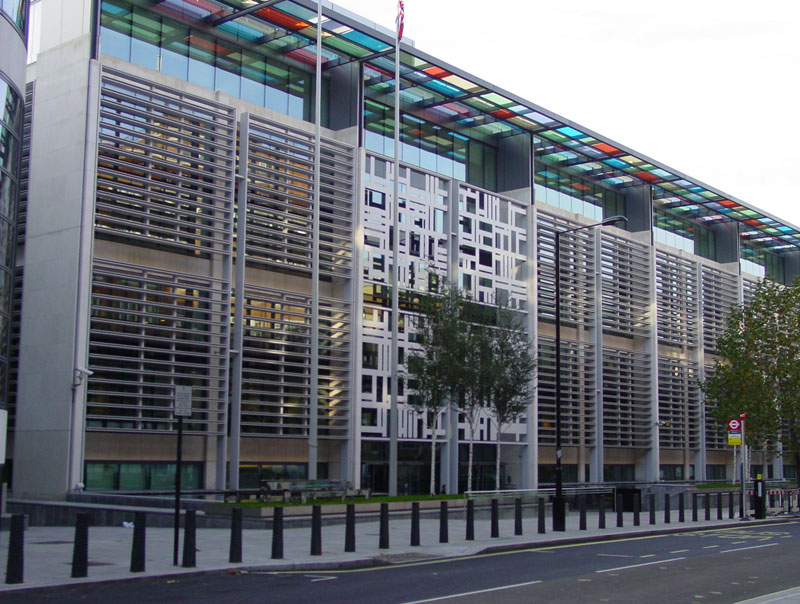Mega councils could be forced on areas regardless of whether existing councils or residents want them
The District Councils’ Network has responded to today’s publication of the English Devolution and Community Empowerment Bill.
The Bill includes a provision to give the Secretary of State powers to impose new structures of local government on areas, regardless of whether existing councils or local people support them. It also allows for the formation of new strategic authorities.
Contrary to the devolution promised in the Bill’s title, relatively few of the powers conferred on the new strategic authorities are being devolved from Whitehall. Some – such as responsibility for UK Shared Prosperity fund spending – are lifted upwards from local government.
The Bill also cuts district councils – the most local principal authorities – out of decision making by refusing them to give them a seat at the table of new strategic authorities and denying them any meaningful influence in strategic planning. This is despite districts delivering a range of services – including housing, planning and economic development – that help drive local growth: the main aim of devolution.
It also offers sweeping powers to central government to impose governance systems on councils – many of which were previously chosen by local people in referenda.
In response, Cllr Sam Chapman-Allen, Chair of the District Councils’ Network (DCN), said:
[On devolution]
“DCN supports devolution. District councils passionately seek a sea change to put power much closer to communities. However, this Bill falls well short of doing that.
“The Bill’s ‘devolution’ label doesn’t match the contents. Power isn’t flowing downwards. Rather than empowering local leaders, there are substantial new powers for the Secretary of State to direct local government. Many of the new responsibilities for strategic authorities are existing powers being reshuffled from other local bodies.
“Local voices lead to local solutions. As district councils, we know that when decisions are made close to home, they reflect the lived experience, local knowledge and needs of the people they affect most.
“While we welcome the creation of strategic authorities, the danger is that they will themselves be seen as remote bodies unless the unique needs of local communities are represented within them. This should mean that for as long as they exist district councils – responsible for housing, planning and economic growth – have a full seat at the table.”
[On local government reorganisation]
“DCN believes the creation of mega councils with a population of over half a million people is the opposite of devolution, taking powers away from local communities.
“If reorganisation results in vast councils, the danger is that the powerful link between councillor and citizen will be lost and local democracy is diminished.
“The proposal to give the Government sweeping powers to impose mega councils on local areas regardless of whether existing councils or local communities support them is the opposite of devolution and it undermines local democracy.
“Local Government Reorganisation affects every local service – from waste collection to housing, from social care to leisure centres. DCN will support LGR proposals that retain a strong link to local places, improve services and are backed by communities. But it’s essential that the views of local communities and their local democratic representatives are central to deciding these services’ future.
“In the spirit of devolution and community engagement, local communities must be consulted on all changes.”
[On changes to local government structures]
“Until now, local people have been able to decide through a referendum on the local governance structure that works for them: whether that’s a directly elected mayor, a committee system or a leader-cabinet model for their area.
“It is deeply disappointing and completely contradictory that Government has chosen the ‘devolution’ bill to wrest away this local choice and centrally direct just one system for local government. It should be for local areas to decide what best meets an area’s needs – not a distant Secretary of State.”






